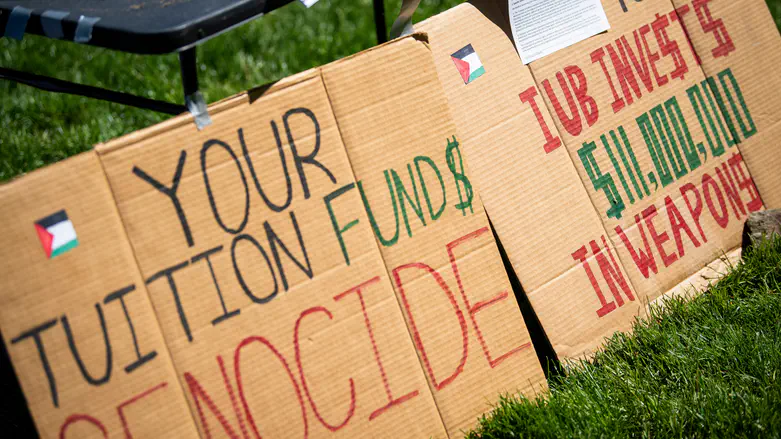The United Nations, now marking 80 years since its founding, faces not only a severe financial crisis but also questions about its relevance in today's world. Historian Thant Myint-U, in his new book about his grandfather U Thant, the first non-western leader of the United Nations, highlights how newly independent countries once transformed the organization and played a key role in global peace, especially during the Cold War. However, the United Nations has since drifted from its original mission of preventing wars and has become heavily dependent on western funding, which is now dwindling.
The lack of decisive leadership and underinvestment in the Secretary General's office have weakened the organization's ability to respond to global crises, such as conflicts in Ukraine and the Middle East. Myint-U argues that the United Nations must be reimagined to address modern security threats and that countries like India should continue to seek a permanent seat on the Security Council, despite significant obstacles. Ultimately, the United Nations must refocus on its core purpose as a universal peace organization to remain relevant in an increasingly dangerous world.

 image sourced from original article at
image sourced from original article at 


